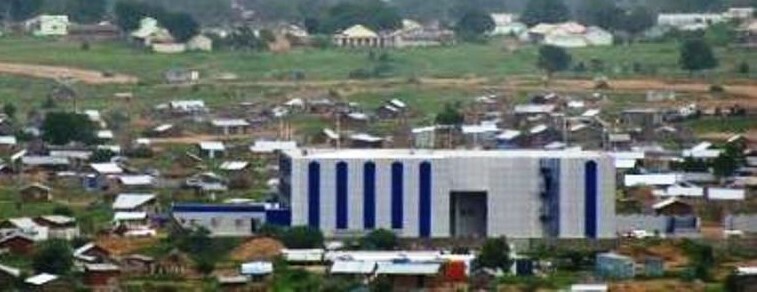The family and political party of Jacob Thon Dhiei, a government critic, are demanding his urgent release, citing his deteriorating health condition.
Thon Dhiei, a political activist and secretary general of the African People’s Congress, a youth-led opposition party, was arrested by members of the National Security Services at Rainbow Hotel on June 11th.
The family claims that Thon Dhiei’s arrest is directly linked to his political engagement.
Speaking to Radio Tamazuj on Monday, Mangaar Maker, a family member, expressed his distress over being denied access to his cousin, who was arrested while undergoing medical treatment.
Maker revealed that Thon Dhiei’s health has been deteriorating during his detention, raising concerns about the lack of medical care he is receiving.
“He was under medication, and up to now, this is another worry because we don’t know how he will be without access to services like medical care,” Maker stated.
In addition to the health concerns, Maker asserted that his own safety is now at risk after demanding his cousin’s release. He claimed to be under constant surveillance, expressing fears for his personal well-being.
Deng-bill William, Chairman of the African People’s Congress, called on the security agency to release Thon Dhiei so he can complete his interrupted medication. William emphasized the importance of adhering to the law and ensuring that Thon Dhiei’s rights are upheld.
“We continue to call for his immediate release or for him to be arraigned in court because, in South Sudan, it is constitutionally mandated that someone must be brought before a court of law within 72 hours,” Deng stated.
Despite South Sudan’s constitution requiring detainees to appear before a court within 24 hours, authorities frequently extend the detention period, including during investigations and subsequent trials.
Edmund Yakani, Executive Director of CEPO, expressed concern over reports of young politicians and activists receiving death threats and facing potential arrests. Yakani questioned whether these threats are a result of the upcoming elections, suggesting that some political leaders may be feeling threatened by the growing political influence of young people.
He called for immediate intervention from the country’s top political leadership to protect young politicians and safeguard their constitutional right to engage in civic activities.
In response to the escalating incidents, CEPO said it plans to submit a joint petition with the South Sudan Human Rights Commission and the recently established National Human Rights Council to the revitalized transitional national legislative committee on Human Rights.
CEPO appealed to the President to prioritize the safety and security of young politicians, urging him to “denounce the abuse of state powers by individuals who threaten the meaningful participation of young people in the political transformation process from violence to peace.”




